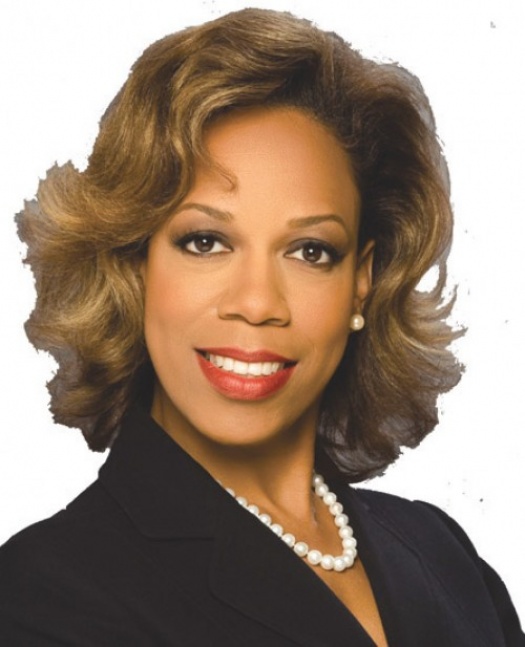
At the age of 19, Johnnie Lovett makes his own car payment, has three bank accounts%uFFFDone he uses for expenses and two dedicated to savings%uFFFD invests in a mutual fund and has two credit cards he pays off each month. How many people twice his age ca
I’m a student, so I have to be on top of spending, especially with the cost of gas and having a car,” said Lovett, sounding wise beyond his years. “I’m blessed because I don’t charge a lot of things, and I know a lot of people do that.” With the price of everything from gas to milk to college tuition skyrocketing, you’re never too young to learn how to manage your money.
In fact, for youth about to graduate from high school, a course in financial literacy could mean the difference between living paycheck to paycheck or long-term financial security. That goes double for African Americans who are more likely than members of any other racial or ethnic group to be turned down for financing to buy a car, a home, or to start a business due to mounting credit card debt.
So how did Lovett gain his financial acumen at such a young age? He attended the Chicago Urban League’s financial literacy program for teens called the Youth Investor Entrepreneur Project . While a student at Gwendolyn Brooks College Preparatory High School on the South Side, Lovett dedicated four hours every Saturday morning for 20 weeks to learning about the stock market, investing, mutual funds and entrepreneurship.
Today, Lovett, who will enter his sophomore year this fall at Illinois State University, lives within his means. He also had the wherewithal to launch a Webzine called Stayfreshonline.com, which promotes Chicagoland fashion designers and urban retailers. “It started out as a project for school,” said Lovett, who also participated in the Urban League’s business plan competition for teens and went on to compete on a national level.
“I developed a business plan (for Stayfreshonline.com). I actually brought the idea to life and started the magazine,” said Lovett, who plans to begin holding promotional events this summer. With the economy sliding ever closer toward recession, it is essential that our youth have a solid base of understanding about money matters. I’m proud of the work we do with teens around financial literacy. We began five years ago with 30 students.
This year, we have touched more than 300 students in eight Chicago Public Schools in the Englewood, South Shore, Roseland and Bronzeville communities. Thanks to additional funding from State Farm and BP America Inc., on top of an annual investment by Urban League supporter HSBC, the programs are now held after school and have been extended to 30 weeks, twice a week for two hours each session.
In the last five years, 98 percent of students who graduated from our programs have gone on to college and 80 percent who took the courses as seniors chose a business-related major. Lovett, for instance, changed his major from athletic training to business marketing.
“We don’t take credit for all of that, but we’d like to think we had some encouragement in terms of pushing the kids to the next level of education,” said Quinn Riley, financial education manager for the Urban League, in charge of both our teen and adult financial literacy programs. Without dispute, Riley is one of the reasons our programs are so successful.
He uses hip hop references to hook his audience. Once he has them signed up, he helps the students understand the economy and how important it is to maintain financial well being throughout their lives. “We want the kids to be more active on the producer side of the economy than they are on the consumer side,” Riley said. Some of you grown folks out there could use a course in financial literacy, too. I invite you to tune in next week for a Q&A with Riley on how to protect your financial future and rebound from a low credit rating. It’s never too late to take control of your finances and stabilize your future for yourself and your family.
Meanwhile, for information on the Urban League’s financial literacy programs and youth business plan competition, visit our Web site at www.thechicagourbanleague.org.
______ Copyright 2008 Chicago Defender. All rights reserved. This material may not be published, broadcast, rewritten, or redistributed.
